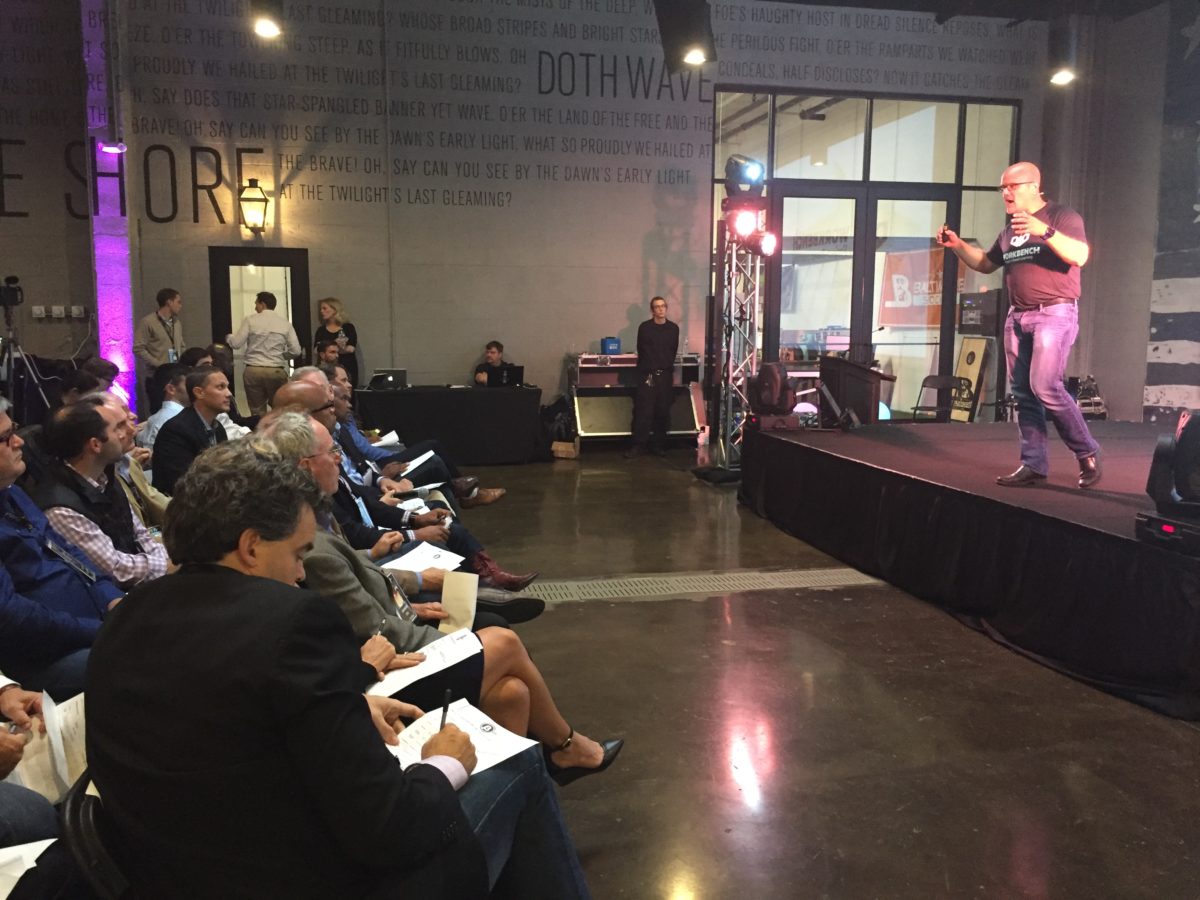Baltimore edtech startup Workbench Education was acquired by Google, the companies said.
https://twitter.com/WorkbenchPlat/status/1067455249164582912
Workbench’s platform aims to offer a central place to find lessons centered around project-based learning, which involves hands-on problem-solving.
“The Google team shares our vision for helping educators quickly discover great lessons and rework them to use in their classrooms,” Chris Sleat, CEO of Workbench, wrote in a blog post announcing the deal. “Google’s tools and devices are already a significant part of how schools and universities are using technology to impact student learning. With Workbench, these educators will gain access to an innovative learning platform that provides lesson and project authoring, sharing, and discovery capabilities.”
As of Wednesday, the Workbench brand remained, identified on its website as “A Google Company.” The platform is already integrated with Google Classroom, which is designed to to make it easier to share files between teachers and students.
“With the addition of Workbench, we’re embarking on a journey to help schools and educators address their universal needs around educational content,” a Google spokesperson said. “We are excited to work with the team to bring the best of Workbench into G Suite for Education.”
Founded by Sleat in 2013 as cwist, the startup moved to Port Covington’s City Garage in 2016 and rebranded. Workbench raised about $3 million in funding from Baltimore-based Brown Advisory and Sagamore Ventures, as well as Severna Park–based SFP Capital.
The startup also notched partnerships with companies like Sphero (makers of BB-8, for Star Wars fans), Makey Makey and drone company Parrot to provide maker-oriented curriculum. But it covers a range of subjects. Along with STEM and science, Workbench also offers lessons across subjects like math, art, social studies and ELA.
While growing its reach to thousands of schools (10,000 as of October 2017), the company has worked locally, including with Maryland’s library system. This year, the company began a pilot with Baltimore city schools to introduce its project-based lessons into classrooms, and provide professional development around the work for teachers, parents and the community.
“Workbench would like to extend our deepest appreciation to our customers, supporters, and advisors for believing in our vision and helping us build a valuable solution for educators,” Sleat wrote. “We are excited to continue working together to improve learning and help educators create, manage and share great lessons with our new teammates at Google and on the Google for Education team.”
Terms of the deal were not disclosed. A Google spokesperson declined to comment on whether Workbench will continue to be based in Baltimore.
The exit to one of the “big 5” tech companies marks a high-profile moment for Baltimore’s edtech community. With a long legacy that’s produced new approaches to learning and anchor companies, the area is frequently seen as one of the city’s tech strengths, and a series of startups working in the space have been at the center of notable acquisition deals over the years.
Baltimore edtech startup Workbench acquired by Google







